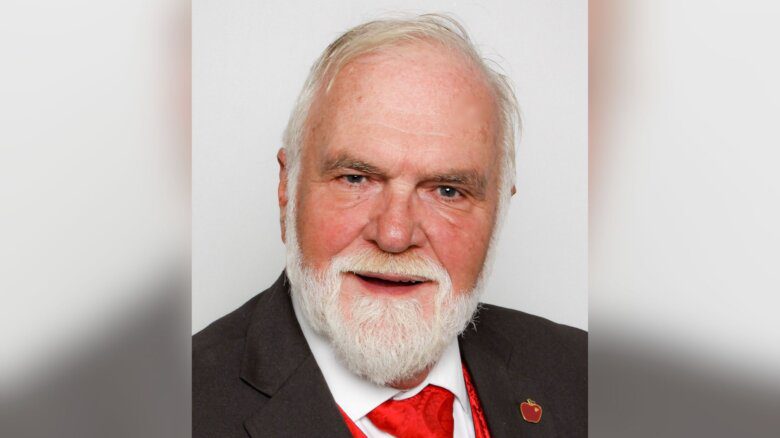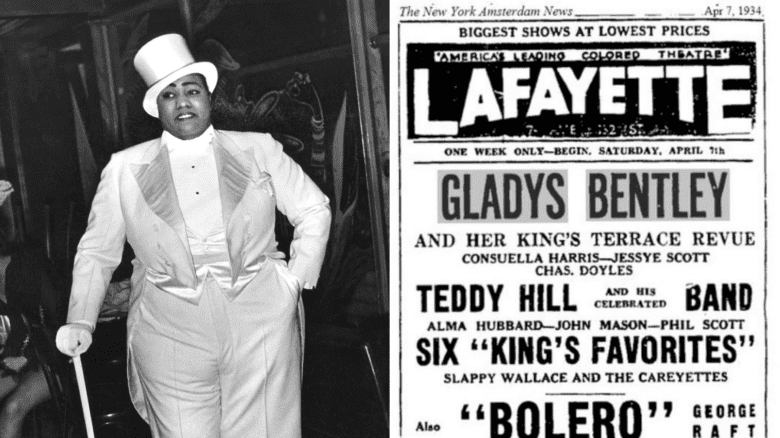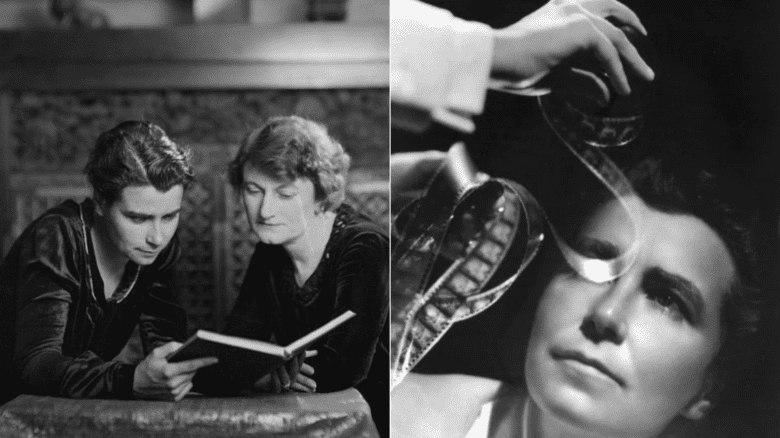Emma Donoghue’s new collection of short stories, Astray, has just been released.
Many readers will know Donoghue from her last novel, Room. The book, which rode atop bestselling lists for months, was a finalist for the Man Booker Prize and won the Rogers’ Trust Award for Fiction here in Canada. Now, Donoghue is in talks to make it into a movie.
But few of the many who read Room think of it as a “queer” book, even though Donoghue says that’s how she sees the book and how she sees herself.
“Most people would say, ‘She used to be a lesbian author and now she has written a bestselling novel,’” Donoghue says. “Most people see no continuity between my previous work, but I think Room draws on both my queer story lines in the past and also my historical fiction.”
Donoghue’s queer writing might be a bit more evident in Astray. The collection of short stories includes tales of people crossing national, gender and sexual borders.
Donoghue says her next book is also queer and will focus on the murder of a San Francisco crossdresser in the 1920s.
“I just have a thing for masculine women, no matter what century,” she says.
Below is a video interview with Donoghue.

 Why you can trust Xtra
Why you can trust Xtra


